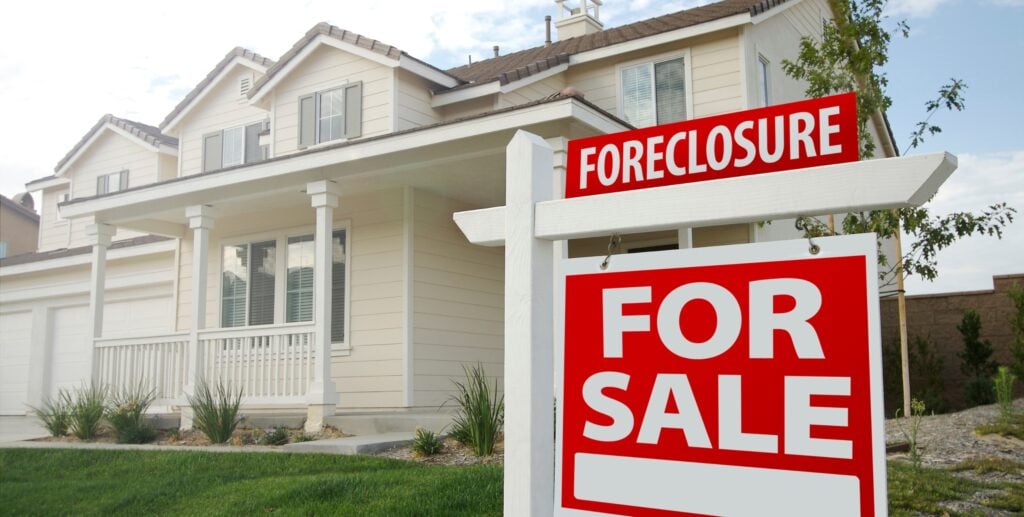Title: Unlocking Opportunities: Leveraging Foreclosure Data as Bank-Owned Properties Surge by 34% Nationwide
In the evolving landscape of real estate, one sector is capturing attention due to its significant growth: bank-owned properties. With a 34% nationwide surge in foreclosures, the market for these properties is ripe with opportunities for investors, homebuyers, and policymakers alike. Understanding how to harness foreclosure data is crucial for navigating this expanding sector effectively.
The Rise of Bank-Owned Properties
Recent economic fluctuations, coupled with enduring impacts from the COVID-19 pandemic, have contributed to the increase in foreclosure rates across the United States. According to recent data, bank-owned properties have surged by 34%, signaling a pivotal shift in the real estate market. This trend presents unique prospects, especially in regions hardest hit by economic downturns.
Understanding Foreclosure Data
Foreclosure data encompasses information about properties undergoing foreclosure, including auction dates, property details, and lender information. Analyzing this data is crucial for several reasons:
Market Insight: Foreclosure data offers valuable insights into market trends. By examining patterns, investors and developers can identify emerging opportunities and potential risks in specific regions.
Risk Management: For lenders and financial institutions, foreclosure data aids in assessing risk exposure and adjusting lending practices accordingly.
Investment Strategies: Investors can use foreclosure data to identify undervalued properties, enabling strategic acquisitions that promise high returns on investment.
Economic Policymaking: Policymakers leverage foreclosure data to design targeted interventions aimed at economic stability and housing market recovery.
Opportunities for Investors and Homebuyers
The surge in bank-owned properties presents a fertile ground for astute investors and prospective homebuyers looking for affordable options. Here’s how different stakeholders can capitalize on these opportunities:
Investors: For real estate investors, distressed properties can be goldmines. These properties are often sold below market value, allowing investors to renovate and resell them at a profit or convert them into rental units for steady income.
Homebuyers: Individuals looking for cost-effective housing solutions can find deals in the foreclosure market. While purchasing a foreclosed home comes with challenges, such as potential property damage, the lower price point can offset renovation costs, making homeownership attainable for more individuals.
Auction Buyers: Real estate auctions are increasingly popular for purchasing foreclosed properties. With proper research and understanding of the bidding process, buyers can secure properties at competitive prices.
Navigating the Landscape: Best Practices
Successfully navigating the burgeoning bank-owned property market requires a strategic approach. Here are some best practices for leveraging foreclosure data:
Conduct Thorough Research: Examine foreclosure listings, historical sales data, and regional economic indicators. Comprehensive research is the foundation of any successful investment.
Assess Property Condition: Always conduct a detailed property inspection to assess potential repair costs. Working with experienced real estate agents and inspectors can provide critical insights.
Understand Legal Implications: Foreclosure processes and regulations vary by state. Understanding the legal framework is essential to avoid unexpected complications.
Consider Financing Options: Securing financing for foreclosed properties may differ from traditional home purchases. Consider consulting with lenders familiar with these transactions.
Conclusion
As the landscape of bank-owned properties expands, so do the opportunities for those willing to engage with foreclosure data strategically. By leveraging this data, investors, homebuyers, and policymakers can navigate the challenges and seize the prospects offered by the current real estate market. Whether through intelligent investment choices or carefully planned economic policies, the surge in foreclosure properties provides a myriad of ways to unlock potential in the evolving housing sector.

